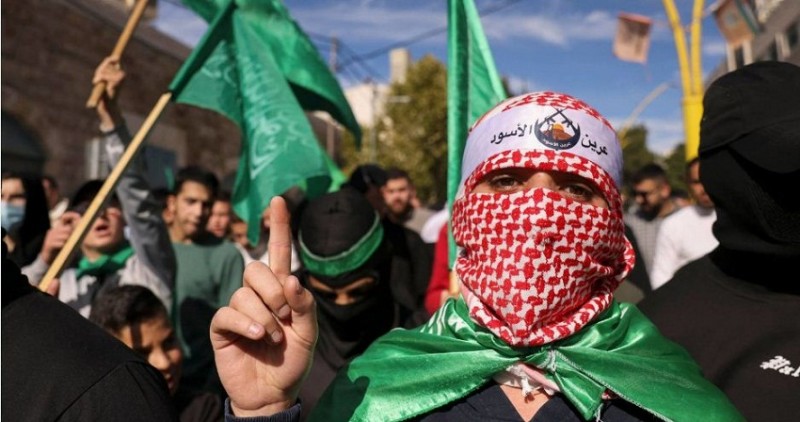
Lebanon's Iran-backed Hezbollah movement stated on Friday that it had launched numerous rockets into Israel overnight in retaliation to attacks in its southern regions, including Nabatiyeh city. This action followed an Israeli strike on a vehicle in Nabatiyeh, which severely injured a Hezbollah commander, as confirmed by sources on both sides of the border.
Simultaneously, the US military reported striking four unmanned surface vessels and seven cruise missiles, allegedly belonging to Yemen's Iran-backed Huthi rebels, which were poised to target ships in the Red Sea. This strike occurred subsequent to a series of attacks by US forces last week on Iran-associated targets in Iraq and Syria, prompted by the killing of three US troops in neighboring Jordan.
Tensions have escalated across the Middle East since October, with increased violence involving Iran-backed allies of Hamas. These developments have drawn in various actors, including US forces, further complicating an already volatile situation in the region.
As events continue to unfold, the international community remains vigilant, hoping for a de-escalation of conflicts and a peaceful resolution to ongoing hostilities.
The escalation of violence underscores the broader regional tensions and the complex web of alliances and conflicts involving Iran-backed groups and their adversaries. The situation remains fluid, with the potential for further escalation as various actors respond to developments on the ground.
In the midst of these tensions, diplomatic efforts continue to seek avenues for de-escalation and resolution. The United Nations, regional powers, and other stakeholders are engaged in dialogue and negotiations aimed at reducing tensions and preventing further bloodshed.
Meanwhile, civilians caught in the crossfire continue to bear the brunt of the violence. Humanitarian organizations are working tirelessly to provide assistance to those affected by the conflicts, but the challenges remain immense.
As the situation continues to evolve, the international community must remain vigilant and redouble its efforts to promote peace, stability, and dialogue in the region. The stakes are high, and the consequences of failure are dire.
In light of the ongoing violence and regional instability, there is growing concern about the potential for further escalation and the impact on civilian populations. The recent exchange of fire between Hezbollah and Israel, as well as the US military's actions against Huthi rebels in Yemen, highlight the complex dynamics at play in the Middle East.
The involvement of Iran-backed groups adds another layer of complexity to an already volatile situation. These groups operate across multiple countries, often challenging the authority of established governments and contributing to instability in the region.
At the same time, efforts to address the underlying causes of the conflicts, including political grievances and socioeconomic disparities, are crucial for achieving lasting peace. Diplomatic initiatives aimed at promoting dialogue and reconciliation are essential for resolving longstanding conflicts and preventing future violence.
In the face of these challenges, the international community must remain engaged and committed to supporting efforts to de-escalate tensions and address the root causes of conflict in the Middle East. Only through sustained cooperation and dialogue can a path to peace and stability be forged for the region's inhabitants.
As tensions persist and conflicts continue to unfold in the Middle East, the role of key international actors becomes increasingly crucial in shaping outcomes and mitigating further violence. The United Nations, regional powers, and other stakeholders must intensify their efforts to facilitate dialogue, broker ceasefires, and address the underlying grievances fueling the conflicts.
Moreover, the humanitarian situation in affected areas demands urgent attention and action. Civilians, including women and children, are bearing the brunt of the violence, facing displacement, food shortages, and other dire conditions. Humanitarian organizations require greater support and resources to provide assistance to those in need and alleviate their suffering.
In addition to immediate humanitarian concerns, there is a pressing need for long-term solutions to address the root causes of the conflicts. This includes addressing political grievances, promoting inclusive governance, and fostering economic development in conflict-affected areas. Sustainable peace and stability can only be achieved through comprehensive and inclusive approaches that address the complex challenges facing the region.
As the international community grapples with these challenges, it must remain steadfast in its commitment to upholding human rights, promoting respect for international law, and advancing the principles of peace and justice. The stakes are high, and concerted action is needed to prevent further escalation and pave the way for a more peaceful and prosperous future for the Middle East.